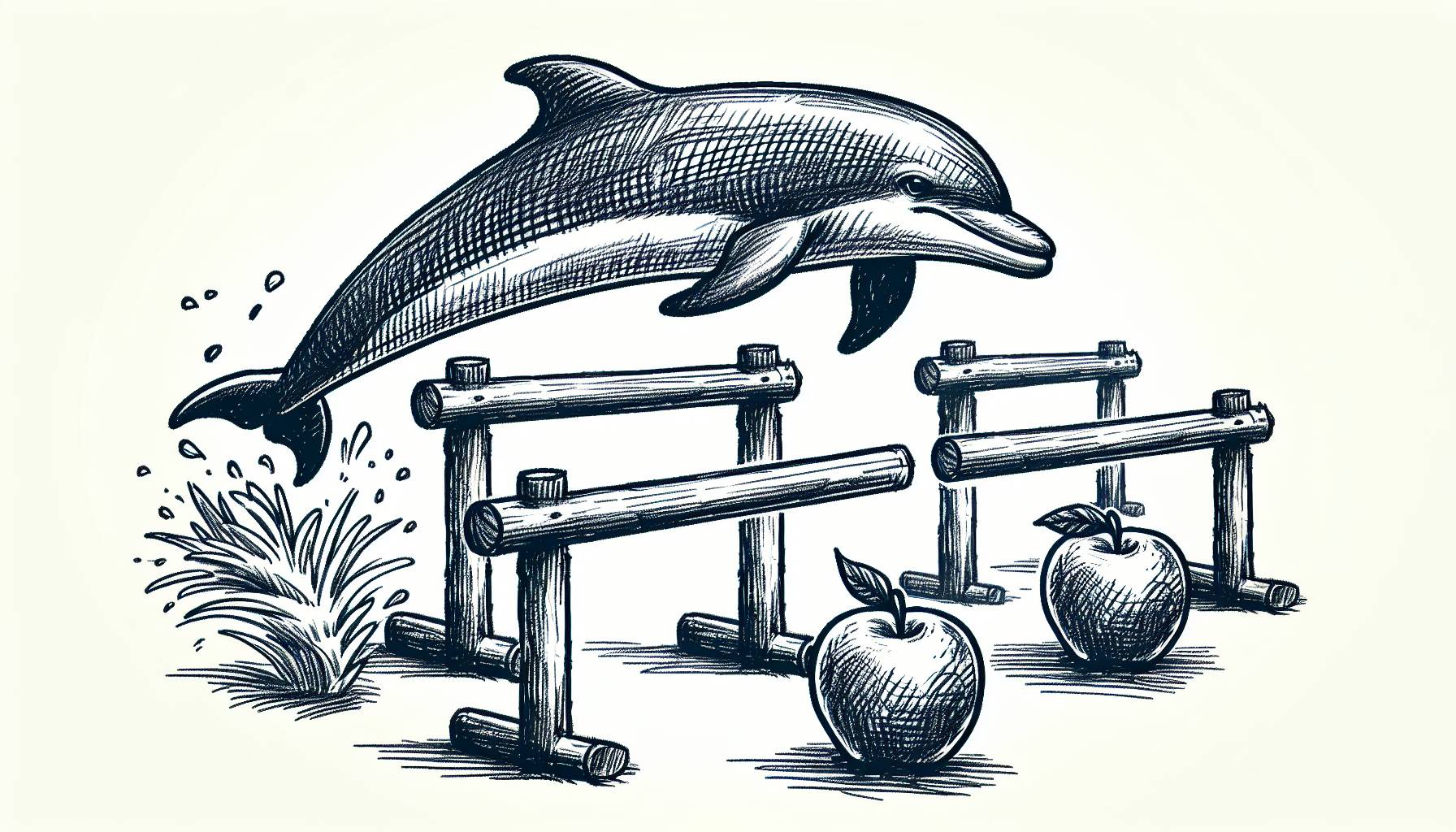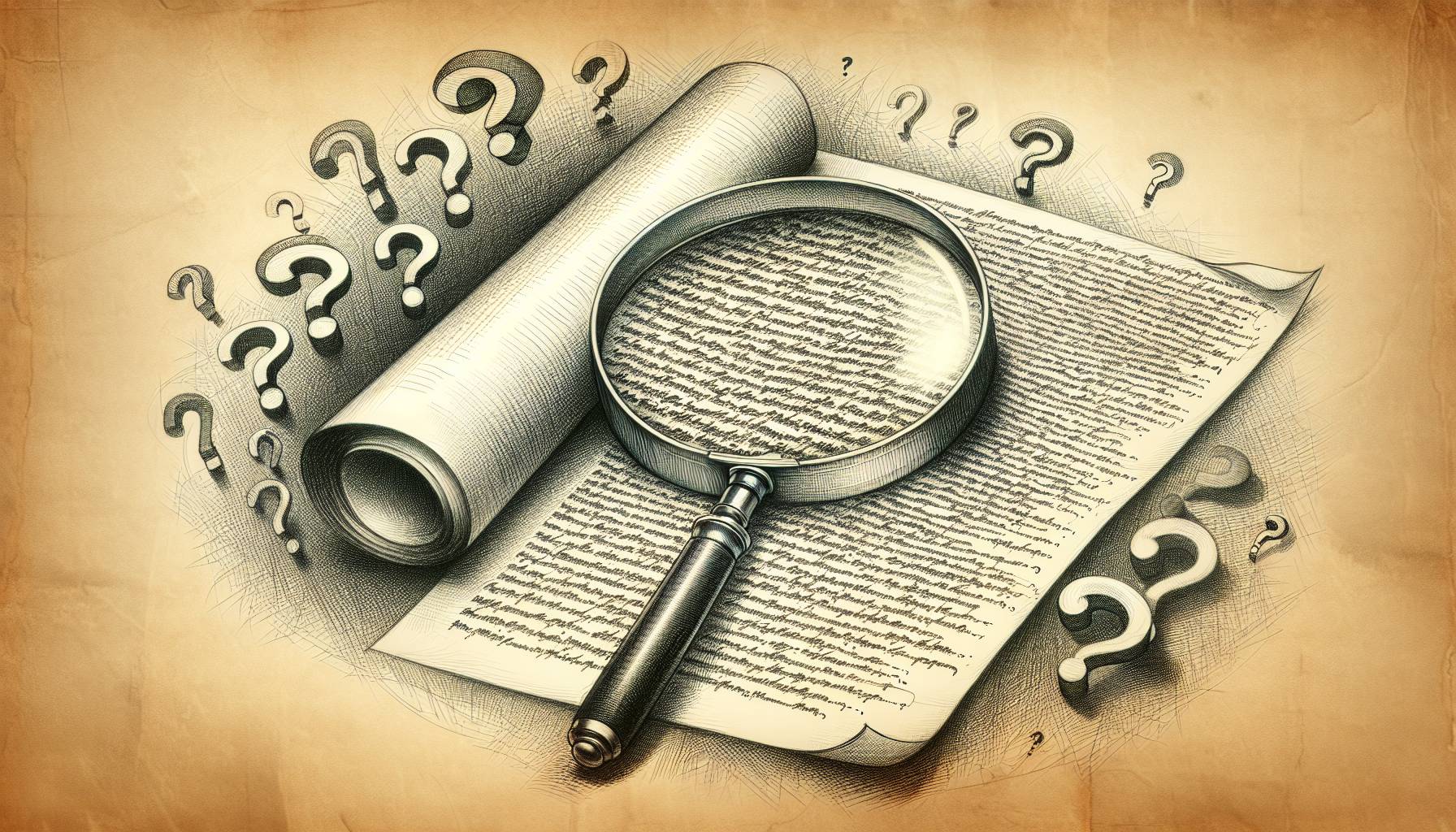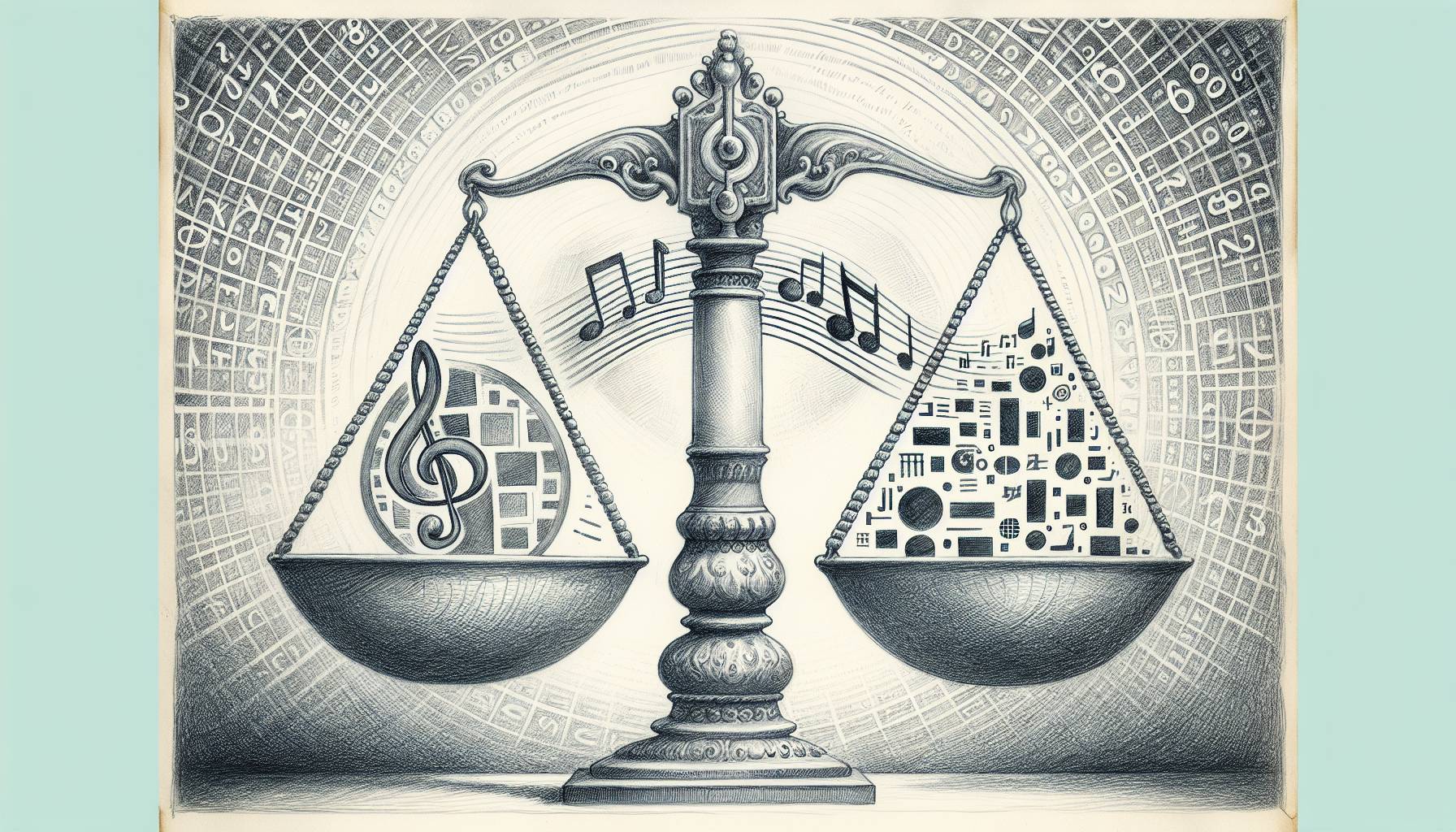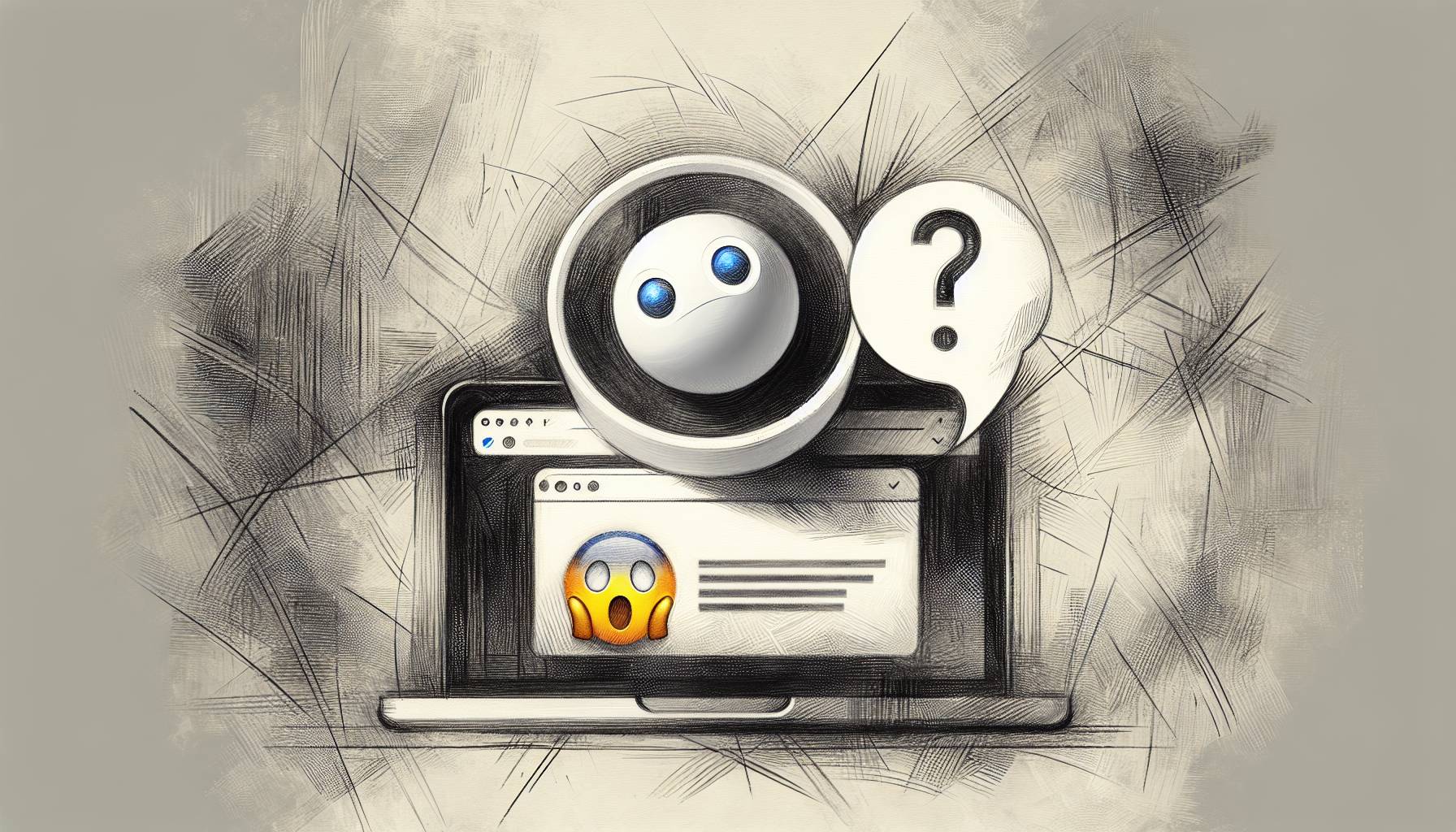Maybe even Apple (AAPL) isn’t 100-percent clear on what its new subscription rules mean.
A couple of days ago, two well-liked “software as a service” developers announced they would no longer support their iOS apps. Readability, a web service that simplifies Internet pages by streaming out ads and photos to make them easier to digest, was one service, and wrote an open letter about its disappointment with the new subscription rules after its new app was rejected from the App Store.
But according to the Readability Twitter account, the iOS app has been resubmitted, and the developer is working on an “open love letter to Apple.” Seems things have been smoothed over — possibly because, as MacRumors is reporting, Apple is clearing up (or changing its mind about) just what apps are affected by the subscription rules, and how.
Supposedly an app developer emailed Jobs about the new rules for software as a service apps, and got a quick, potentially real response from the Apple CEO: “We created subscriptions for publishing apps, not SaaS apps.”
That would certainly clear things up and stop a lot of the frightened speculation that’s gone on around the Internet (as well as in my head) that the subscription rules would shake up the App Store and send great apps like Dropbox and Readability packing. TinyGrab, another SaaS developer, announced this week that it was dropping support for its iOS app because of the rules — could it be coming back, too?
Apple policy reversals aren’t without precedent, and pressure from the customers, the Internet and the media seem to have an effect on the company. The wide area fallout from the new subscriptions rules has been pretty poorly received, and whether it’s just clarifying or changing its stance, Apple knows better than to ignore an angry customer base. So it’s very possible that SaaS apps are safe from the 30 percent cut rule, especially considering Google (GOOG) is actively pushing a subscription system that takes advantage of the perceived problems with Apple’s. You can get the actual ins and outs of the App Store subscription rules in question here.
The Readability development raises some additional questions, though — specifically, where exactly do apps fall among the new rules Apple has laid out? Are apps going to start getting bounced on a case-by-case basis in which Apple determines whether outside payments qualify as subscriptions and therefore need to be available in-app? If that’s the case, it seems like a method fraught with legal landmines, especially considering that the FTC is already taking a look into mobile apps’ in-app purchases.
More than one media outlet has raised concerns about the publishing rules amounting to some kind of anti-trust violation that the U.S. government could investigate, as well. And Rhapsody mentioned a “legal” response to the new rules after it came out that its music subscriptions were subject to the in-app purchase rules. E-book providers, streaming music providers, publishing companies, SaaS apps: all of them provide services for a monthly fee. So which ones count as subscriptions and which ones don’t?
As the supposed Steve Jobs email put it, subscription rules were intended for publishers. If that is (now) really Apple’s sentiment, then all this hand-wringing over the rules might have actually amounted to a change in the App Store policy, as well as rendered all the concerns moot. If it’s true — and I really hope that it is — then things in the App Store might not change at all for most apps, and users will continue to have great apps supported by their developers on iOS, rather than fleeing to Android.












